By Colleen Sinsky
When I first met Susan, she was living in a tent with her pitbull on an undeveloped butte in East County. Without opening her tent door, she yelled at me and Outreach Worker Quinn to please go away. We obliged immediately and hiked back through the nearly invisible trail we’d taken to get there, pausing to leave a business card with Quinn’s cell number scrawled on the back.
That was over three years ago, and since then we have had the pleasure of getting to know Susan, her family and her wonderful pitbull “Speck.” Susan has been in housing, struggling to pay rent on her meager social security check. While she is a more confident, secure and happy person than she was while homeless, achieving housing was not (and rarely is) the end of the battle. Susan continues to experience both high and low points, and I’m honored to have gotten to walk beside her on her path.
Sometimes our “relationships first” model means that we are visiting our folks in the hospital or hospice (and occasionally the only one to do so). It’s difficult, of course. But I can think of few things more important than being a non-judgmental, caring presence at someone’s bedside when they would otherwise be alone.
So when we heard that Susan had suffered a massive stroke and was hospitalized, I went over to visit. She looked so tiny, curled up in her tiny bed, but came alive when she recognized me and we shared a long hug. Susan has since reconnected with her family, so I’m happy to report that I’m not her only visitor, and she has balloons and stuffed animals and love notes around her room, and is due to go home next week.
Susan’s life story isn’t mine to share, but believe me that it has been rough. She exemplifies the importance of communities offering holistic, trauma-informed services. Susan asked me to share her story, in the hope that even one person might reconsider using drugs like she did.
“I didn’t know how to ask for help and I didn’t want to be ridiculed, so I self-medicated. I started drinking. You can’t think you’re doing better just because it feels better- the wound is still there. I used heroin and then I tried meth to get rid of the heroin and that worked for a while, but underneath, the wound was still there. You have to learn how to deal with the pain and not just hide it with a band-aid. Tears are okay- they help the pain come out of you. Drugs can have a lasting effect you don’t know about, for years sometimes. Like me having Hepatitis C or this stroke. At the end, the person you’ve hurt the most is yourself, but you also hurt people around you when they are wanting to help you and you don’t accept it. Lately I’ve been okay with accepting help, but it’s hard. I really want to go all out for Thanksgiving dinner this year. It might be my last one and I really need to make everything count now! I want to help the whole world, and I know the best way I can do that is by sharing my story.”
